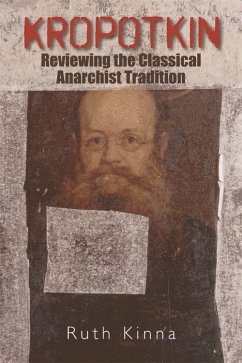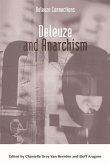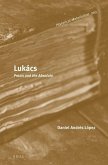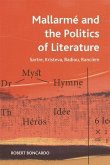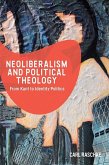A critical re-evaluation of Peter Kropotkin that demonstrates his enduring significance in modern political thought Kropotkin has been celebrated as the most accessible and coherent of the classical anarchists. In this book, Ruth Kinna provides a new interpretation of Kropotkin, removing his ideas from the 'classical' tradition and situating them in a critique of classical anarchism. By looking at his collaborations with other leading writers in the movement, Kinna shows how Kropotkin understood anarchist traditions while revealing how the Russian revolutionary movement shaped his anarchist, communist politics. This sympathetic but critical analysis corrects some popular myths about Kropotkin's thought, highlights the important and unique contribution he made to the history of socialist ideas and sheds new light on the nature of anarchist ideology. Ruth Kinna is Professor of Political Theory at Loughborough University. She has published widely on the history of anarchist ideas and on nineteenth-century socialist and anarchist thought. Cover image: Prince Peter Kropotkin (1842-1921) by British (English) School, c. 1880. Courtesy of Royal Pavilion and Museums, Brighton & Hove Cover design: Stuart Dalziel [EUP logo] www.euppublishing.com ISBN 978-0-7486-4229-8 Barcode
Hinweis: Dieser Artikel kann nur an eine deutsche Lieferadresse ausgeliefert werden.
Hinweis: Dieser Artikel kann nur an eine deutsche Lieferadresse ausgeliefert werden.

